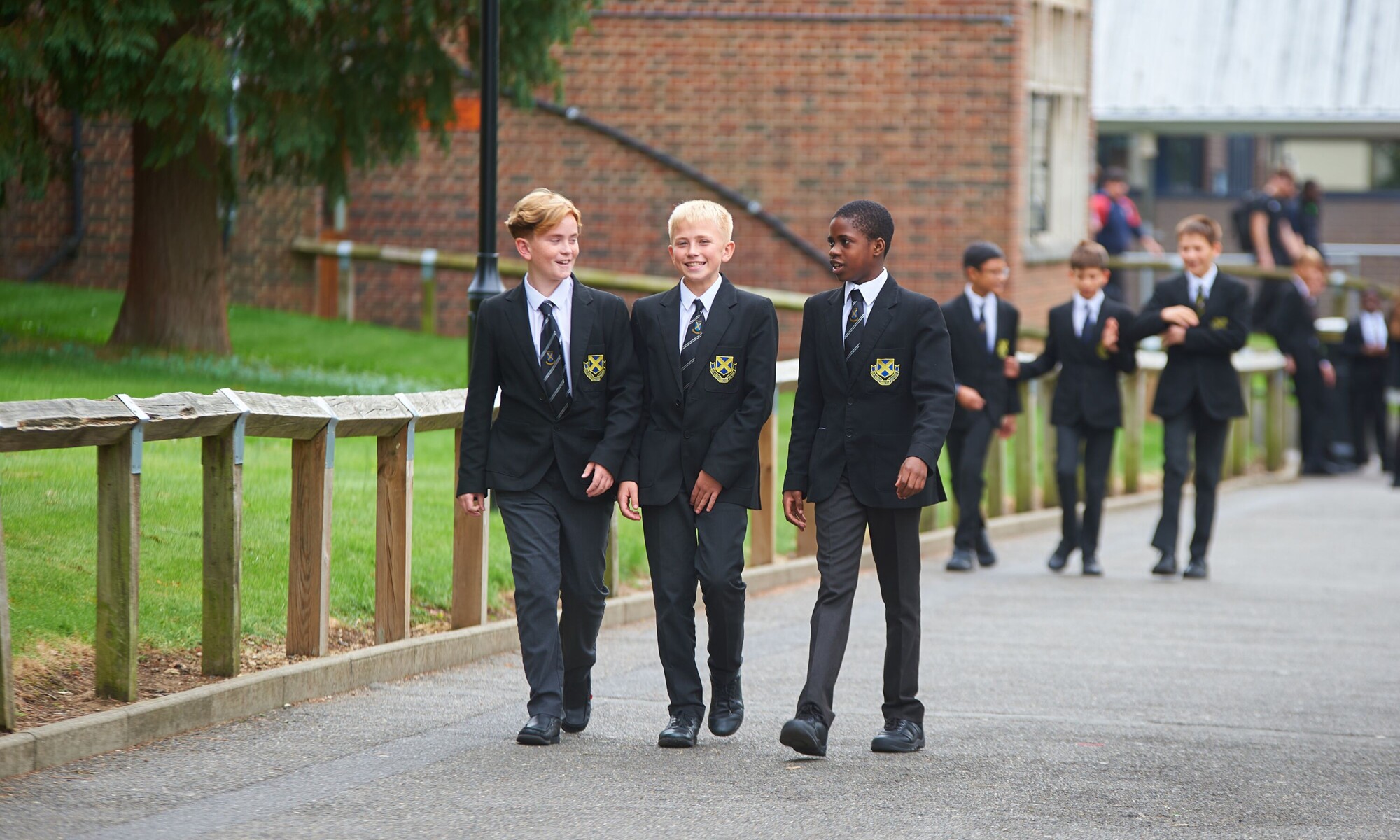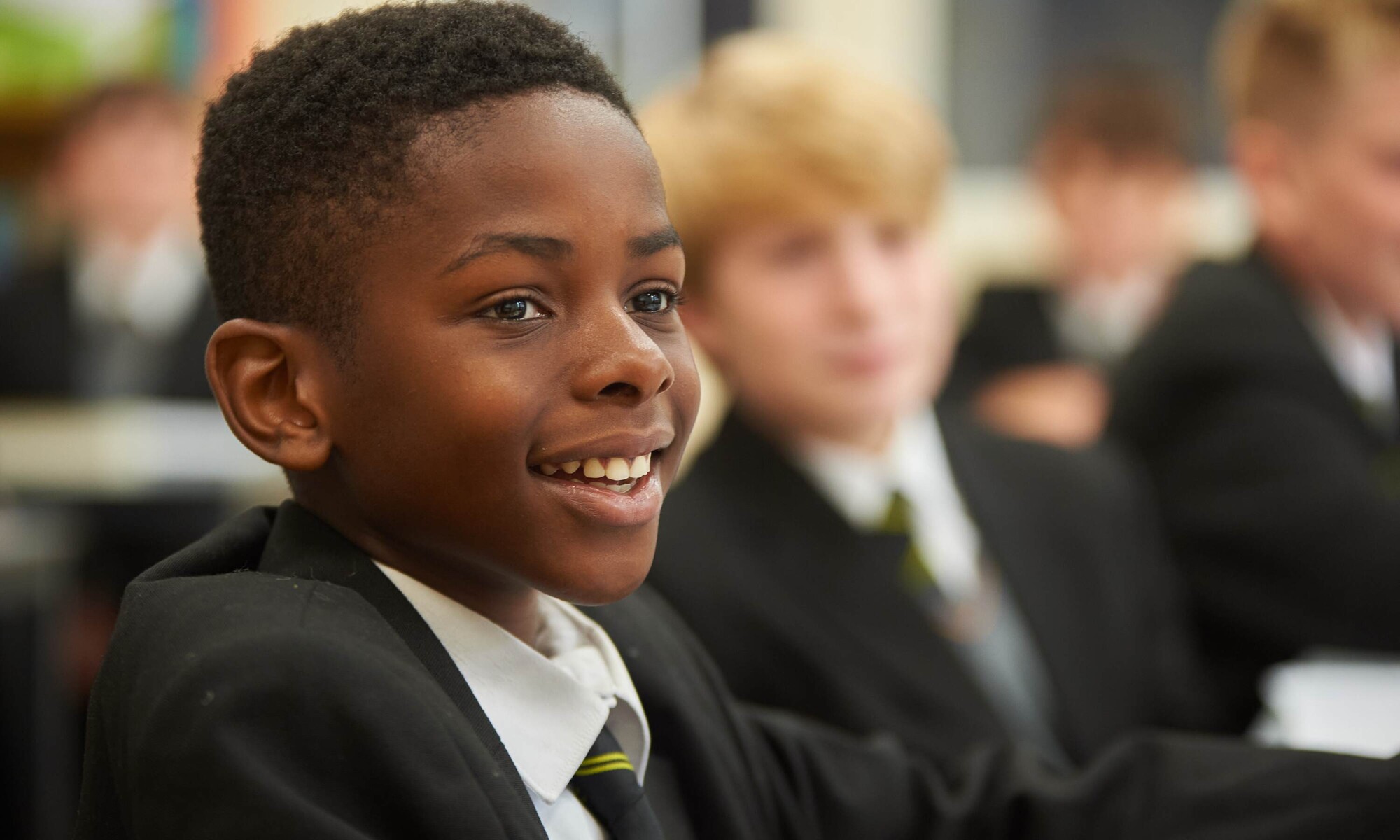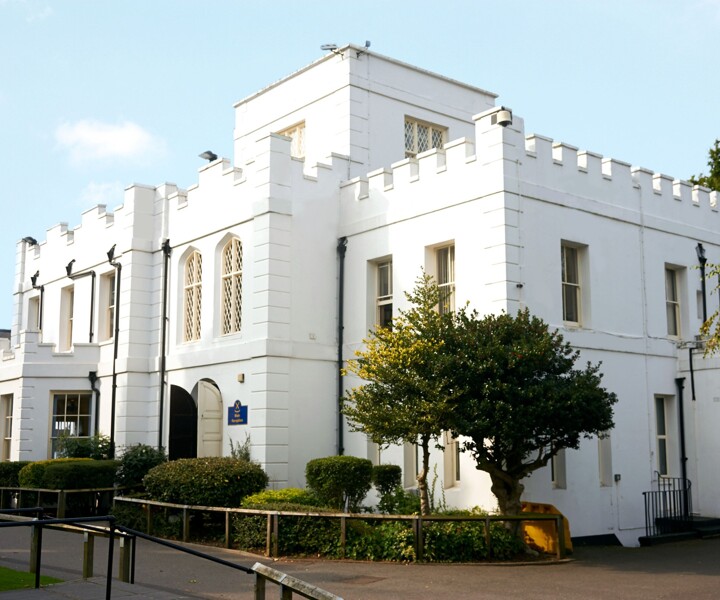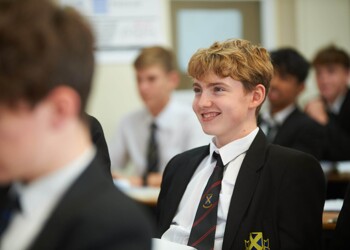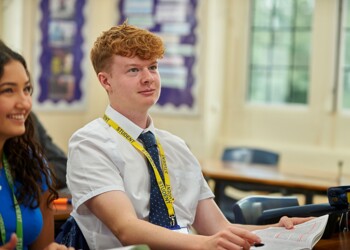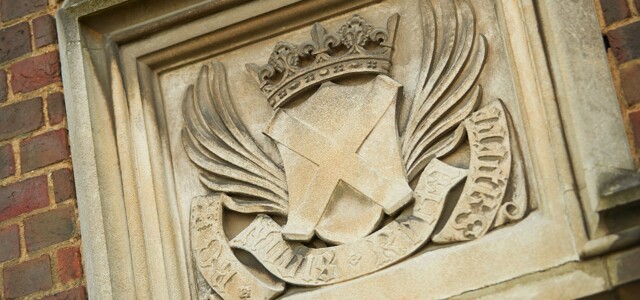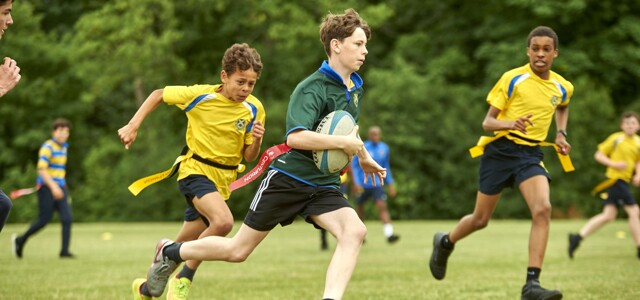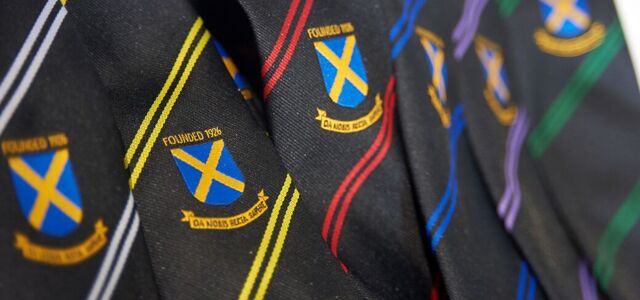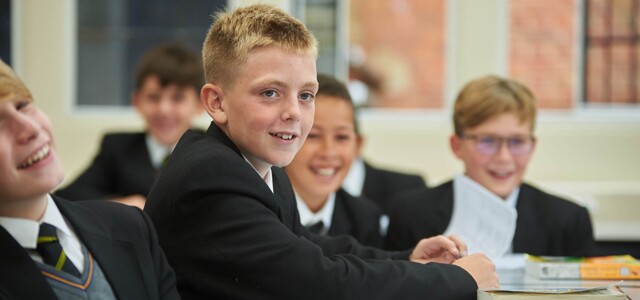Message from the Head
“Da Nobis Recta Sapere” Grant that we may be truly wise
Finchley Catholic High is a distinctively Catholic school, where we strive to ensure all members of our community are known and loved for who they are. We know that students flourish and learn effectively when they are happy, safe and secure and we provide such an environment for all of our students.
